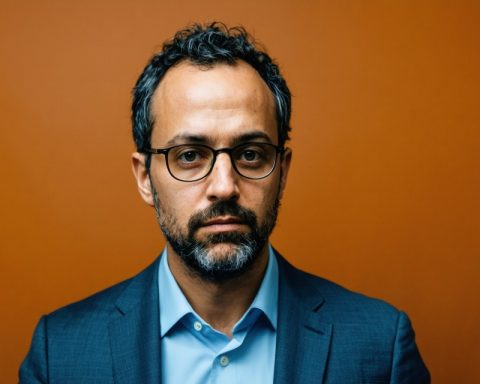In an unusual move, US stock markets will pause their operations on January 9 in tribute to former President Jimmy Carter. This decision aligns with a long-standing American tradition of halting financial activities to honor deceased presidents. Carter, who passed away on December 29 at the age of 100, was the longest-living president in US history.
Major financial hubs, including the New York Stock Exchange, Nasdaq, and Cboe Global Markets, have announced their closure. Although CME Group Inc., which manages US-based equity and interest-rate markets, has yet to reveal its plans, it is customary for trading activities to come to a halt on national mourning days.
The practice of closing financial markets upon a president’s death dates back to Abraham Lincoln’s assassination in April 1865. At that time, the New York Times described the unprecedented national grief and the suspension of business. Since then, similar closures have taken place upon the deaths of 21 US presidents, including Carter, the 39th in office.
While stock markets are generally reluctant to stop trading, the passing of a president is one of the few occasions that prompt such a pause. This tradition mirrors the nation’s need to remember and reflect on the contributions of its leaders. Beyond mourning, Wall Street has also stopped trading to mark other significant events, including natural disasters, terror attacks, and even celebratory occasions like the end of wars and the commemoration of historical milestones.
The Financial Reverberation: Stock Market Closures and National Mourning
In a compelling reflection of tradition, US stock markets will halt operations on January 9 in honor of former President Jimmy Carter. The decision underscores a venerable practice of interrupting financial activity to pay tribute to deceased presidents, thereby allowing the nation to mourn and remember its past leaders.
Historical Context and Significance
The tradition of suspending financial markets upon a president’s death has deep roots in American history, dating back to the assassination of Abraham Lincoln in April 1865. Lincoln’s passing triggered a profound national sorrow, effectively setting a precedent for future stock market closures. This historical practice underscores a period of unified reflection, allowing the nation to pause its economic ambitions temporarily.
Broader Implications of Market Pauses
While the cessation of market activities is primarily associated with mourning deceased presidents, it also serves as a reminder of Wall Street’s adaptation to broader societal and historical events. Over the years, stock market closures have occurred due to significant events such as natural disasters, terror attacks, and even celebratory milestones, demonstrating the market’s adaptive nature to the rhythm of national sentiment and historical context.
Financial Hub Participation
Major financial centers, including the New York Stock Exchange, Nasdaq, and Cboe Global Markets, have committed to honoring this customary pause. However, it remains to be seen whether CME Group Inc., a key player in US-based equity and interest-rate markets, will align itself with this traditional practice. Despite this uncertainty, it is customary for financial institutions to synchronize their operations with national mourning periods.
Insights into Modern Trends
Despite the historical precedence, today’s stock markets generally resist ceasing operations unless it’s for extraordinary circumstances, further highlighting the importance of presidential mourning days. This reluctance is born out of the modern financial ecosystem’s high interconnectedness and the continuous global demand for economic activity. Nonetheless, when a pause does occur, it reflects a powerful national consensus on the event’s significance.
Predicting Future Market Responses
Looking ahead, it is expected that these traditions will continue to shape market activities, respecting deeply ingrained cultural values while balancing the demands of a globalized economy. Future stock market responses may also evolve, integrating technological advancements while maintaining a connection to the underlying importance of national reflection and unity.
For more information about the New York Stock Exchange and its operations, visit their official website at New York Stock Exchange.








